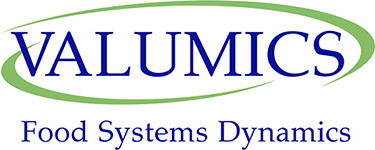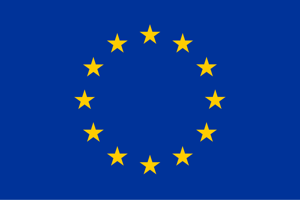Institute for Sustainable Development and International Relations – IDDRI
The Institute for Sustainable Development and International Relations – IDDRI (www.iddri.org) is a non-profit foundation recognized of public interest by the French government. Based at Sciences Po in Paris, IDDRI is an independent institute for policy research, focusing on research and policy influence for sustainable development at the European and global scales. It examines sustainable development issues requiring international coordination, such as climate change, food security, future evolutions of agriculture, biodiversity and the depletion of natural resources and urban systems in the context of global change. IDDRI has three objectives: informing policy decisions, identifying emerging policy issues and creating a platform for dialogue between stakeholders (private businesses, public sector, academia and civil society) and public policy makers. As a Sciences Po Paris partner, IDDRI’s researchers are highly involved in teaching and in developing research programs. IDDRI has developed a strong international network and organized several international conferences, workshops and research seminars. IDDRI research activities are mainly concentrating on identifying technical, economic or political drivers of change and on sketching scenarios for transition toward sustainable development pathways along with the conditions required for such a change.
IDDRI is leading WP8 on Foresight exercise and synthesis of prerequisites for sustainable, resilient, efficient and fair food value chains
IDDRI is also co-leading task 5.1 in WP5 and will contribute to work across the project and participate in the iterative workshops developing the conceptual model framework.


